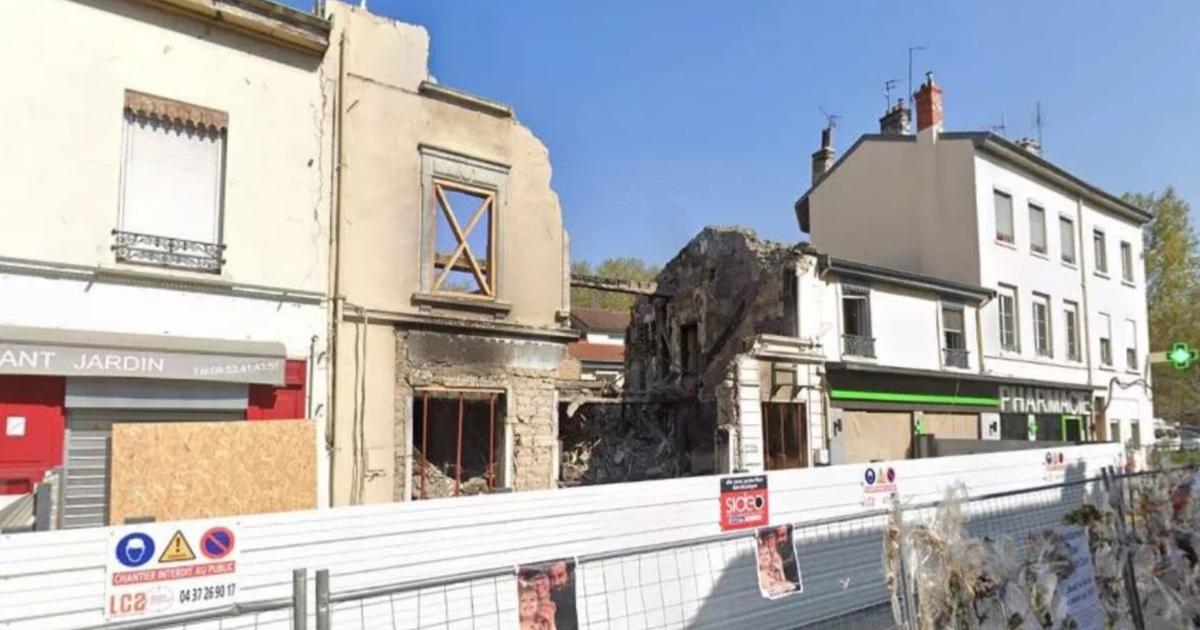"Baby-boomer"
,
"millennials", "generation Z"
... Each offspring has its baptismal name ... and its language.
Which sometimes leaves parents taken aback by the jargon of an age to which they no longer belong.
But did you know that many of these words are just borrowings from the slang of the last century?
Others find their roots in the language of Virgil.
An anthology of these adolescent formulas that our grandparents (perhaps) already used.
To discover
Digital event of the literary Figaro: "How to get published?"
In the secret of publishing houses ”
Passionate about word games?
Discover the Figaro games app
● Bicrave
"He
gave
me my pen"
-
"I gave him a phone"
. Meaning both
"to steal"
and
"to sell,"
the word frequently leaks into teenage conversations. The ending in
"ave"
is a tracing of the Romani language, spoken by the Roma people, mainly in the countries of the East. This one is extremely old, since it appears between 1500 and 300 years before our era! As Mathieu Avanzi underlines in
Parlez-vous (les) français
(Armand Colin, 2019),
"at the end of the 1970s, French slang borrowed a lot from Romani."
This is particularly the case for words ending in
"ave"
, very popular today:
bouillave
(
"copulate, strike, violate"
),
poucave
(
"informer"
),
marave
(
"tap"
) ...
● Frate
"Hi brother, are you okay?"
At the young age, friends are everything to us.
They are a second family, the one we have chosen deliberately.
This is the meaning of the word
"fraté"
, directly drawn from our Corsican neighbors, from
fratellu
,
"brother"
.
But its origin is ancestral.
You have to go back to Latin times to find its first traces, in the form of
frater
.
It is this word, cut off from the last letter, that we find on everyone's lips today.
● Blaze (or blase)
What do Simone de Beauvoir, Louis-Ferdinand Céline and teenagers have in common today?
The word
"blaze"
.
As you will no doubt have noticed, we frequently hear in the course of a conversation:
"What's your blaze?"
I add you on Facebook ”
.
In the slang of the end of the 19th century, it is already very fashionable, endowed with the same meaning as today:
"name"
.
It is also found in 1901 in the formula:
"to know the blaze"
, to say
"character"
.
Thieves used it as a diminutive of
"coat
of
arms"
to say
"number"
.
As the Trésor de la langue française notes,
"the number was, in effect, the coat of arms which distinguished one prisoner from another"
.
The
"blase"
, with an
"s"
, also denoted a
"nose"
.
It was another sign of identification of prisoners.
● Daron
The
"gen 'Z"
could have lived in the Middle Ages. Do they know that the
"daron"
, a name used to describe their parents, was already commonly used as early as ... 1250? He then designates a
"small fortress, a place name"
. Its meaning in the 17th century is similar to that which we give it today: the
"daron"
is then the
"master of the house"
, then in the 18th century, the
"master, the father"
. In 1808, it became a nickname that the workers gave to the bourgeois,
"this word signifying in the old language a fine and cunning old man"
, informs the thesaurus. The
"daron"
would have been formed after the crossing of
"baron"
with the old French
dam
, which means
"lord, master"
.
A nickname after all flattering for our parents ...
● Tise
"I drink, you suck, he sucks"
.
The verb does exist in the French language.
"Evening tonight, bring back the tise"
is an injunction that any good organizer with the light purse takes pleasure in launching.
Robertle defines it as a synonym for
"drink, get drunk"
.
It would have been formed according to a term of glassmaking, as the Littré specifies: the fact of
"tiser" made it
possible, in the 18th century, to introduce fuel into a melting furnace.
The charcoal used to fill these ovens is now replaced by an alcoholic beverage, introduced ... into the throat.







/cloudfront-eu-central-1.images.arcpublishing.com/prisa/5V3BKLQGUFCGJNOFC3AELS4EEU.jpg)
